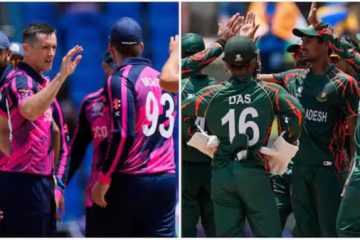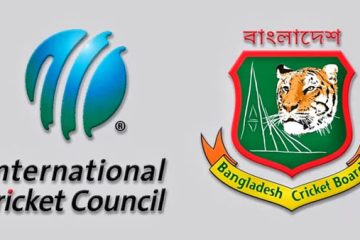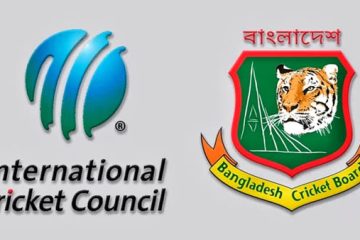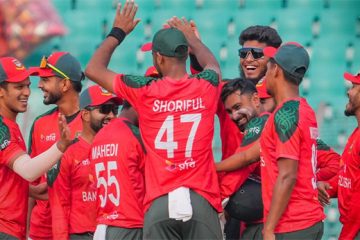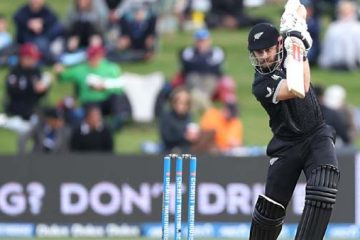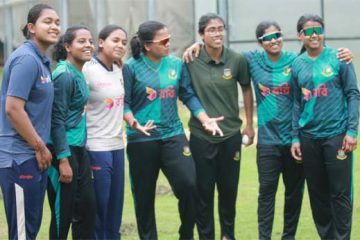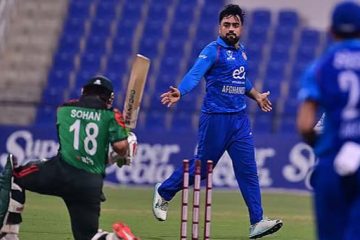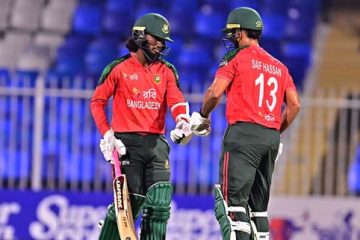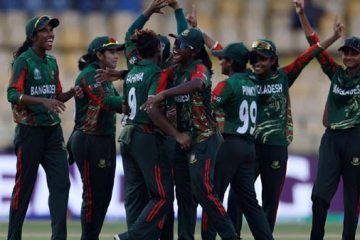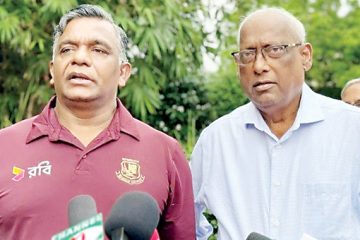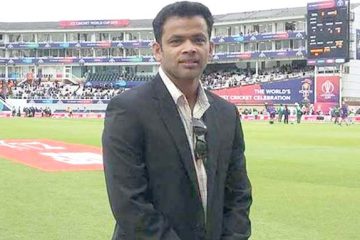Nurul Islam, a 50-year-old carpenter, is piling on the extra hours in his small shop at the outpost of Keraniganj to meet the rising demand for cricket bats. While it is already well into the cricket season in the country, the advent of a World Cup at home has only fuelled the demand. Hence, Islam is now calling in two of his school-going sons to work with him in his shop after school.
While on an average day, Islam would generally have produced 20 cricket bats, now he has to make almost twice as many. Islam specializes in making bats that are used by kids and adults alike around the country. These are models fit only for tape-tennis cricket; an innovative variety of cricket that is practiced in alley-ways around the city.
The bats are mostly made of Gewa wood, coming from the Sundarbans, before being processed in their factory in Swarupkathi where more than 50 percent of the work is done.
“The bats come in its basic form. Then we apply the finishing like bringing the bat in shape, polishing, adding grip, stickers, injury tape while at the same time adding thread to the handles and pressurizing the bat to make it more durable,” said Islam.
His bats range from Tk 150 to Tk 500 and on average each bat fetches him a Tk 50 margin at the retail level while at the wholesale level the margin shrinks to around Tk 20.
Starting about 36 years ago for a big sports-wear manufacturer in Paltan, Islam applied his own expertise to set up his business about 15 years ago with a capital of 50,000 Taka. Now, his business is profitable enough to support his family and send his children to school.
The first to set up his business here, Islam’s shop is now clustered by many more shops that support the living of the carpenter families.
A few kilometers up north in a market at the centre of the capital, Abdur Rzzaq is spending a busy time in his store dealing with the upper-end customers of cricket bats and other cricketing equipments. Bats sold here are for the big boys, usually professional cricketers who need it for practice and for matches. These bats are not made locally, rather they are imported from India and Pakistan and sell between Tk. 1000 to Tk.15,000.
The ones made by Islam and their like however have no entry in these markets, rather they sell on the street-sides and groceries.





